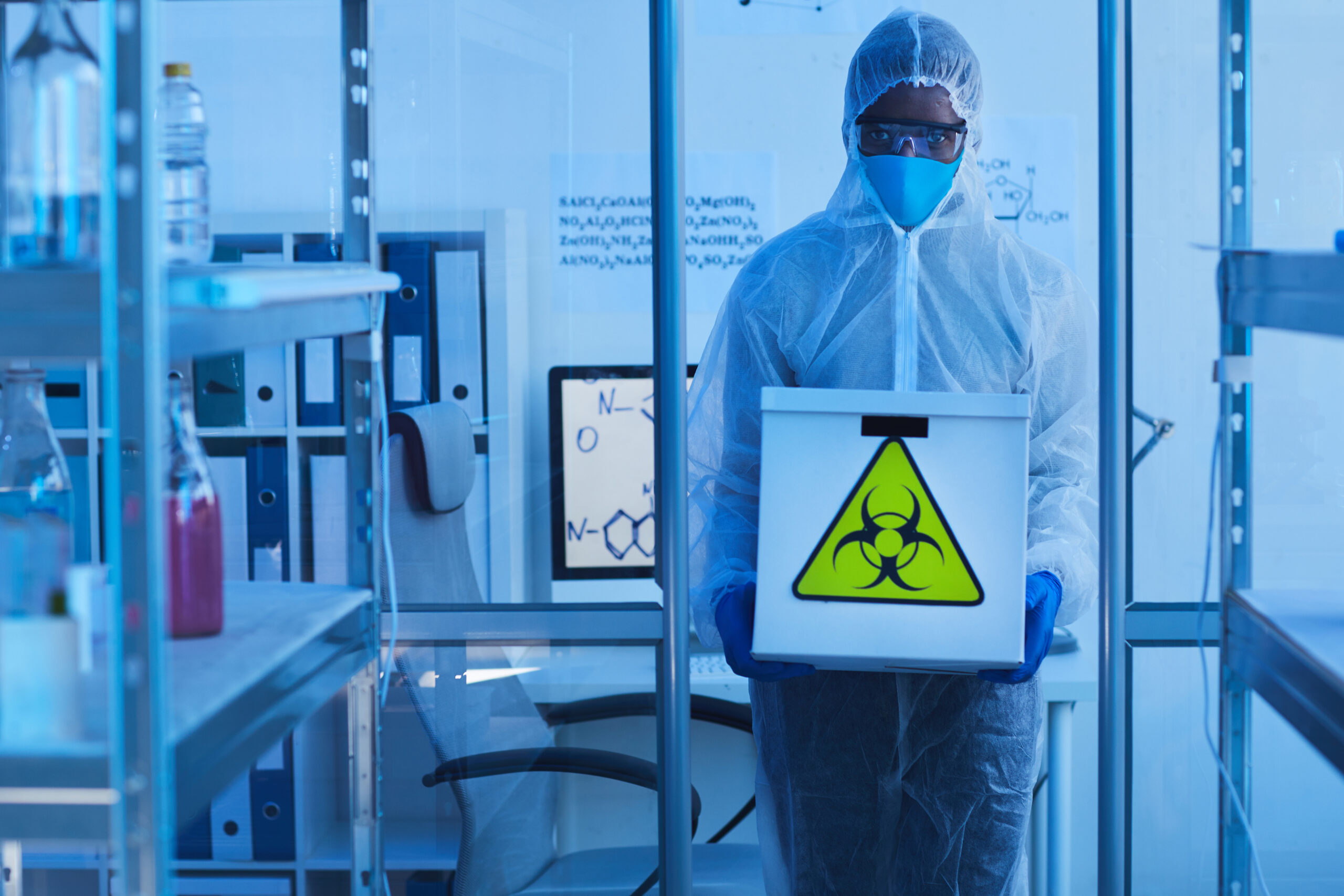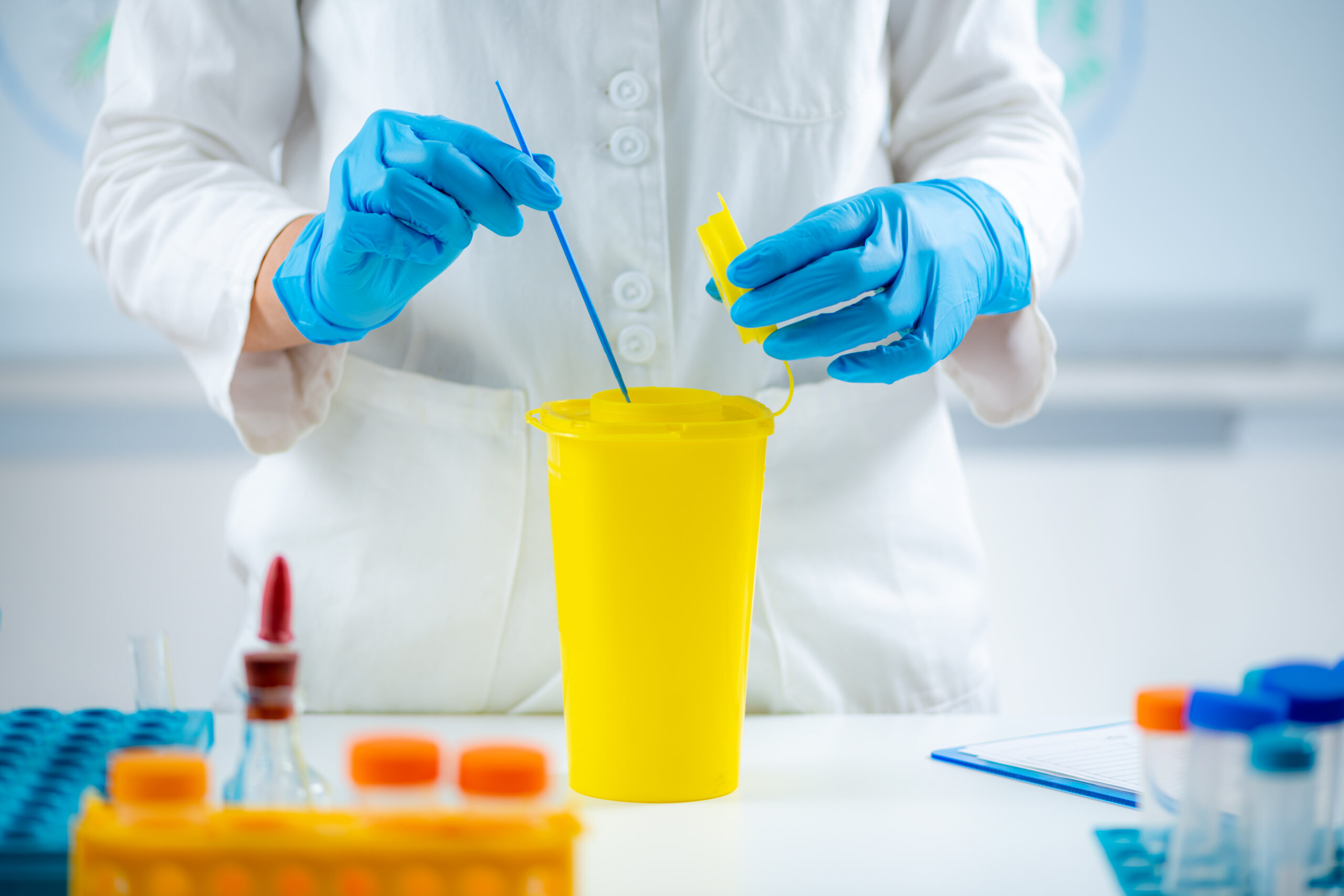OUR SERVICES

SUSTAINABLE MEDICAL WASTE RECYCLING
The healthcare industry is one of the largest waste-generating sectors in the world, producing a significant amount of medical waste that requires specialized handling and disposal. Traditional methods of medical waste disposal, such as incineration and landfilling, can be harmful to the environment, leading to air and water pollution, greenhouse gas emissions, and other negative impacts.
Sustainable medical waste recycling offers an alternative solution to traditional waste disposal methods, allowing healthcare institutions to reduce their environmental impact while still maintaining the highest standards of safety and quality. Recycling liquid waste products from medical labs, for example, can involve the separation of hazardous and non-hazardous materials, followed by the treatment and repurposing of the materials that are safe to reuse.
Overall, sustainable medical waste recycling is a critical business that plays a crucial role in helping healthcare institutions to meet their sustainability goals while also protecting the environment and public health.

HAZARDOUS WASTE MANAGEMENT

